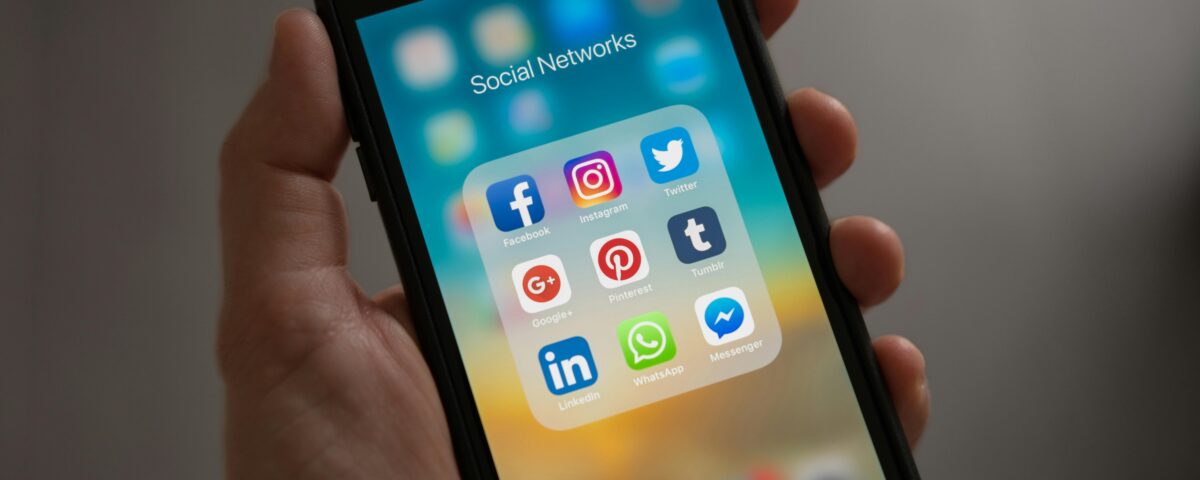
https://www.pexels.com/photo/person-holding-iphone-showing-social-networks-folder-607812/
The Tradeoffs of "Free" Smartphone Apps and Big IT's User Data Mining
With the rise and near ubiquity of smartphones in today’s world, the need for secure communication has become even more pressing. Most encrypted messaging solutions in the market are targeted toward consumers and are free. However, like most things in life (and especially in IT!), anything that one gets for “free,” may come with a few unexpected catches.
Data Mining
Unsurprisingly, so-called “Big IT or Big Tech” has increasingly been mining end-user Smartphone data. This phenomenon is an extension of what the big Operating System (OS), Independent Software Vendor (ISV), and others like Mobile Network Operators, Cloud Service Providers, and Original Equipment Vendors have been doing since the early days of the PC revolution — and arguably before that during the mainframe and minicomputer era.
However, as small form-factor devices like the modern Smartphone have achieved a critical mass, thanks mostly to the 2007 twin but separate launches of the Apple iPhone and Google’s Open Handset Alliance, they have increasingly represented a more extensive and more valuable target for those seeking to exploit or mine data.
Indeed, the Smartphone represents a virtual holy grail of data capture for personal and business data.
Consumerization of IT
Smartphones are unique in computing as they are commonly relied upon for both professional/business and personal use. The lines are increasingly blurred, as are the power and reach of giant Information Technology (IT) behemoths whose lifeblood increasingly depends on more efficient ways to monetize their data collection of users.
With Artificial Intelligence and Machine Learning (AI/ML), the industry for efficient data mining and exploitation of that data has become supercharged.
Platform Dependence
Meta, Amazon, and Blackberry own Layer 7 software applications like WhatsApp, Wickr, and SecureSmart. These giant corporate owners provide a platform for them to continue amassing vast amounts of data across their product portfolios.
In addition, seemingly free products like WhatsApp are continually collecting and amassing data on the habits and everyday lives of end-users. The data collection includes sensor data such as human and biometric information, metadata, and entire conversations that are machine-readable and archived.
Trusting these huge conglomerates is one thing. How they share personal information with governments worldwide is a closely related secondary concern.
KoolSpan’s Position on Data Privacy
KoolSpan is a US-based company that has been operating since the early days of the smartphone revolution.
KoolSpan’s position is that your business is nobody else’s business. With KoolSpan, all data is encrypted on the wire, end-to-end. Additionally, unlike most big-IT solutions, KoolSpan maintains its own National Institutes of Standards and Technology (NIST) Cryptographic Libraries Certification – #A1905
With KoolSpan TrustCall and KoolSpan TrustCall Dome, your data can be kept within your own information technology perimeter, on customer premises, or via a protected cloud hybrid environment, such as a virtual machine hosted in the cloud.
KoolSpan never sees your data, much less actively data-mines. KoolSpan encrypted text, voice, video, and file-sharing products put the power of control back to IT and away from end-users.
For more information visit koolspan.com